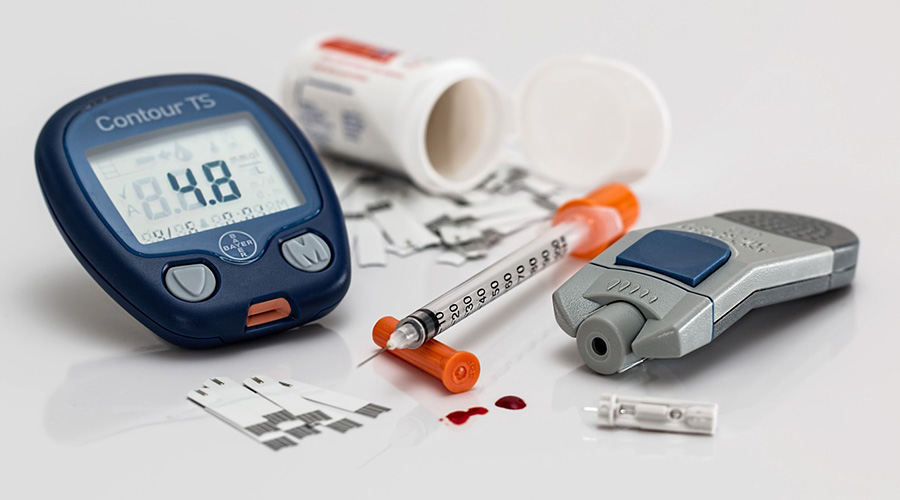Diabetes - What is It & How to Deal with it?
Did you know that a whopping 37 million Americans have diabetes? According to CDC data, as many as 96 million adults in the US have pre-diabetes (above the norm sugar levels).

Suffice to say, it’s a serious problem not only in the
United States, but across the world. But how do you go about combating this
situation? First, lets take a look at the different types of diabetes and best
ways to tackle each.
You probably already know there are 2 types of diabetes.
However, not many know what’s the difference between the two. We’ll try to
briefly describe it below.
Type 1 diabetes is attributed to a genetic disorder where your immune system “attacks” and destroys the insulin producing cell in your pancreas. While type 2 diabetes is most common and is usually related to poor diet and slowly develops over time.
So, what’ the best way to deal with type 1 diabetes?
- Well of course you need to monitor your blood sugar levels constantly.
- Take insulin if your doctor prescribed it.
- It definitely helps to maintain your weight and keep a balanced diet.
- Try to stay fit and exercise without causing too much stress to your body.
Type 2 diabetes develops if your diet is high in carbs and
low in fiber (ie. bread, wheat, pastas, sweets). Most people with type 2
diabetes are not physically fit, so the risk of developing diabetes is much
higher among this group.
Now, what’s the best way of treating type 2 diabetes?
Unlike type 1 diabetes, people often times do not need to
take insulin as their bodies still produce certain amount of insulin by
themselves.
Common ways of treating type 2 diabetes are as follows:
- A balanced diet. Fiber based diet including fruits and vegetables, whole grains is preferrable.
- Exercising is a good idea even if you don’t have diabetes. That goes without saying.
- Weight loss is a big one. As bad diet choices lead to type 2 diabetes, it’s advised to maintain a healthy weight.
I have diabetes. Is that the end of the world?
Of course not. Diabetes can be successfully managed and even solved by using traditional as well as less known treatments.
For example, emerging studies now show that diabetes can be linked to a specific molecule that “explodes” in your blood and sticks to your arteries. This leads to fat cells attacking your liver, pancreas and your heart.
Luckily this can be reversed by using a new clinically discovered method that activates a diabetes reversal process in your body. To learn more about new and effective ways for diabetes, please watch this full video presentation.